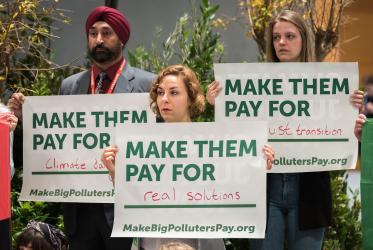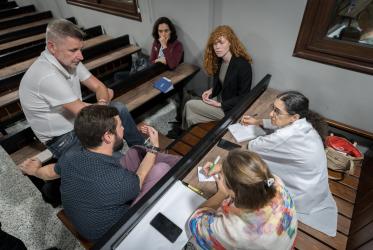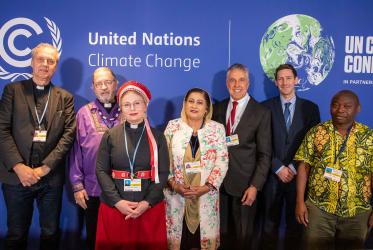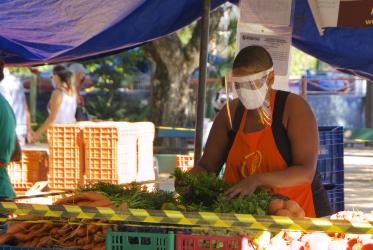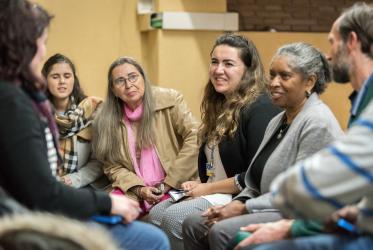Displaying 1 - 20 of 109
Dr Abuom reflects on women of faith as healers of creation
05 October 2021
How racism and colonialism are exacerbating impacts of climate change
29 September 2021
Rethinking Ecological Relationships in the Anthropocene era
11 - 13 February 2021
Brazilian churches call for transformative racial justice
23 November 2020
WCC executive committee maps future with hope in uncertain times
19 November 2020
South Sudan Church leaders welcome new cabinet
15 March 2020
Dr Saïd Ailabouni: God is on the side of rejected, oppressed, occupied
12 September 2019


